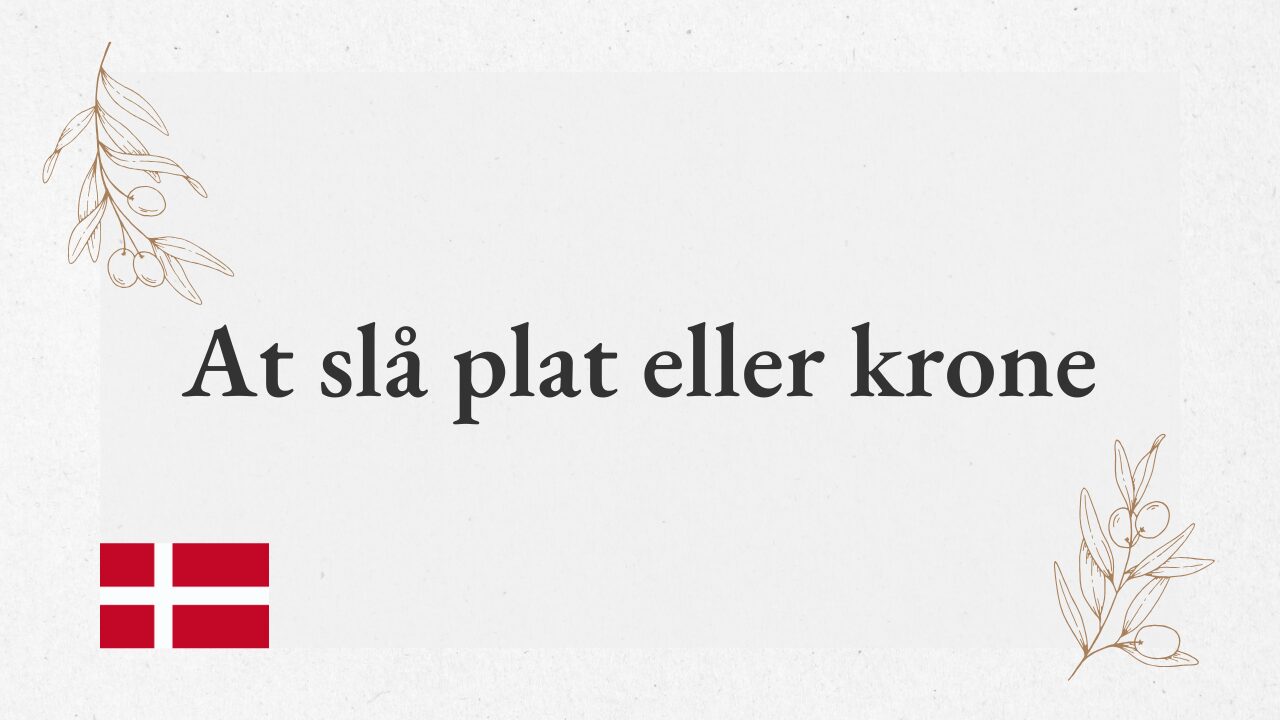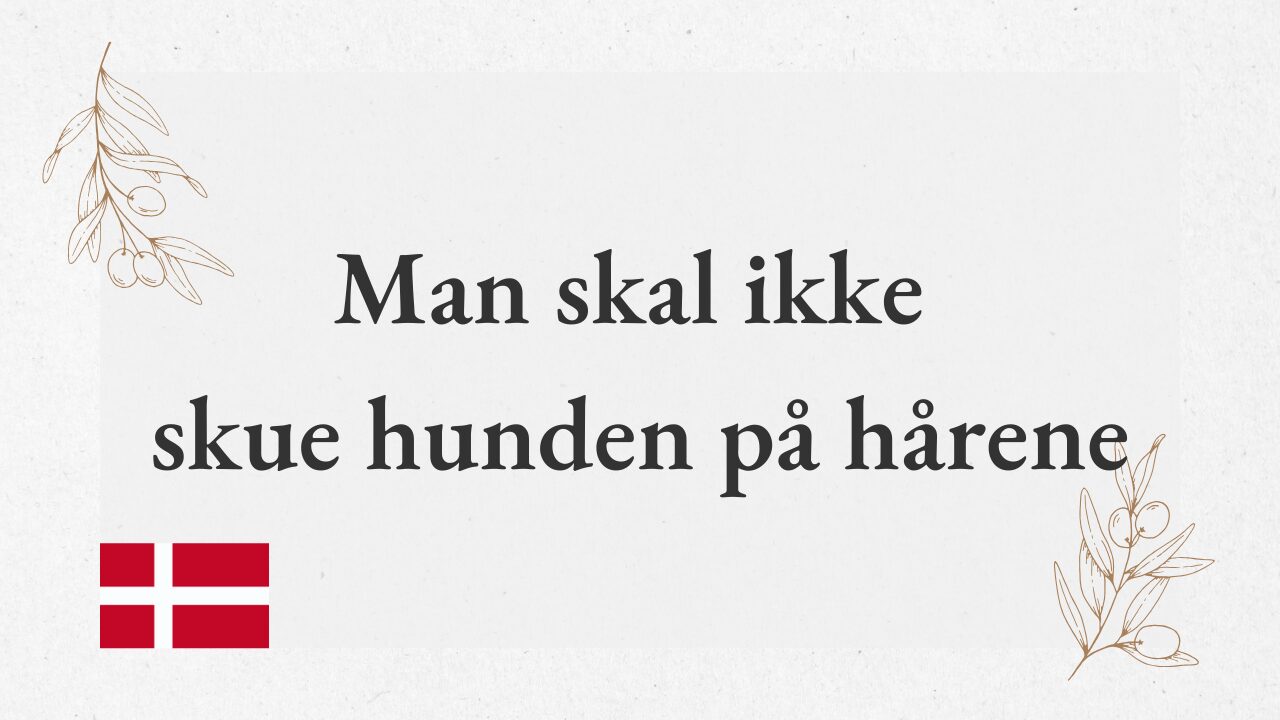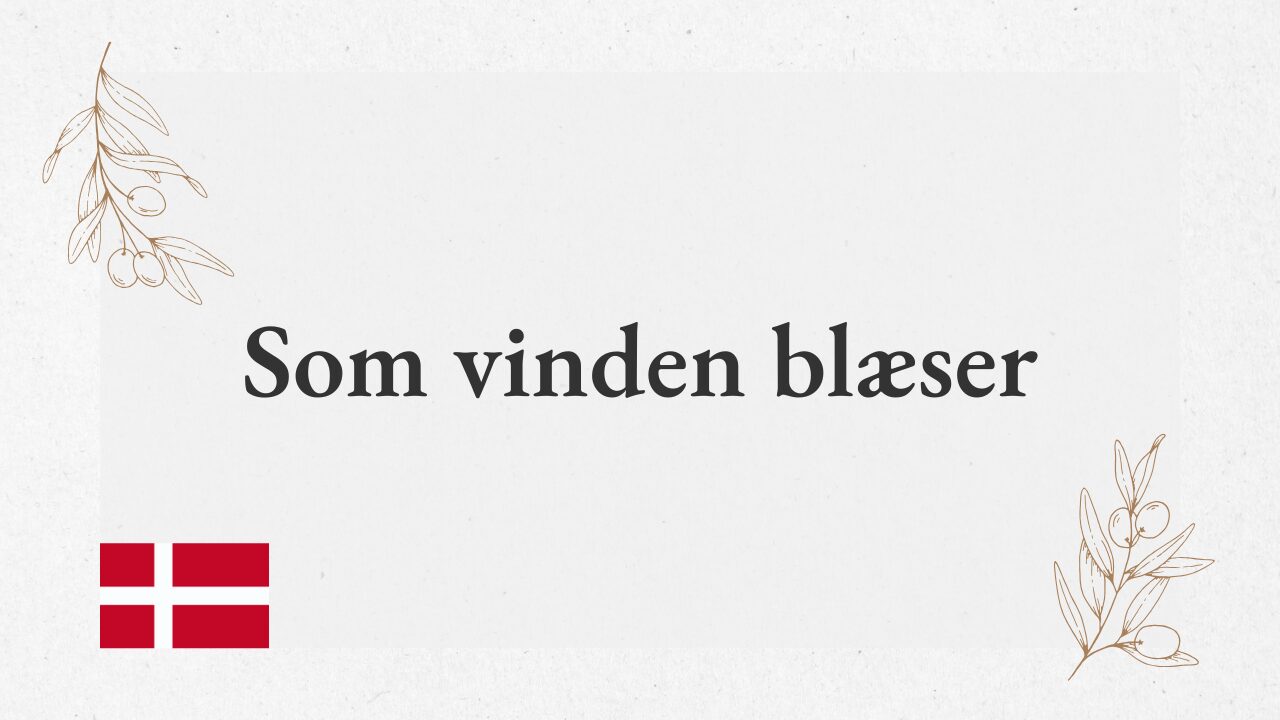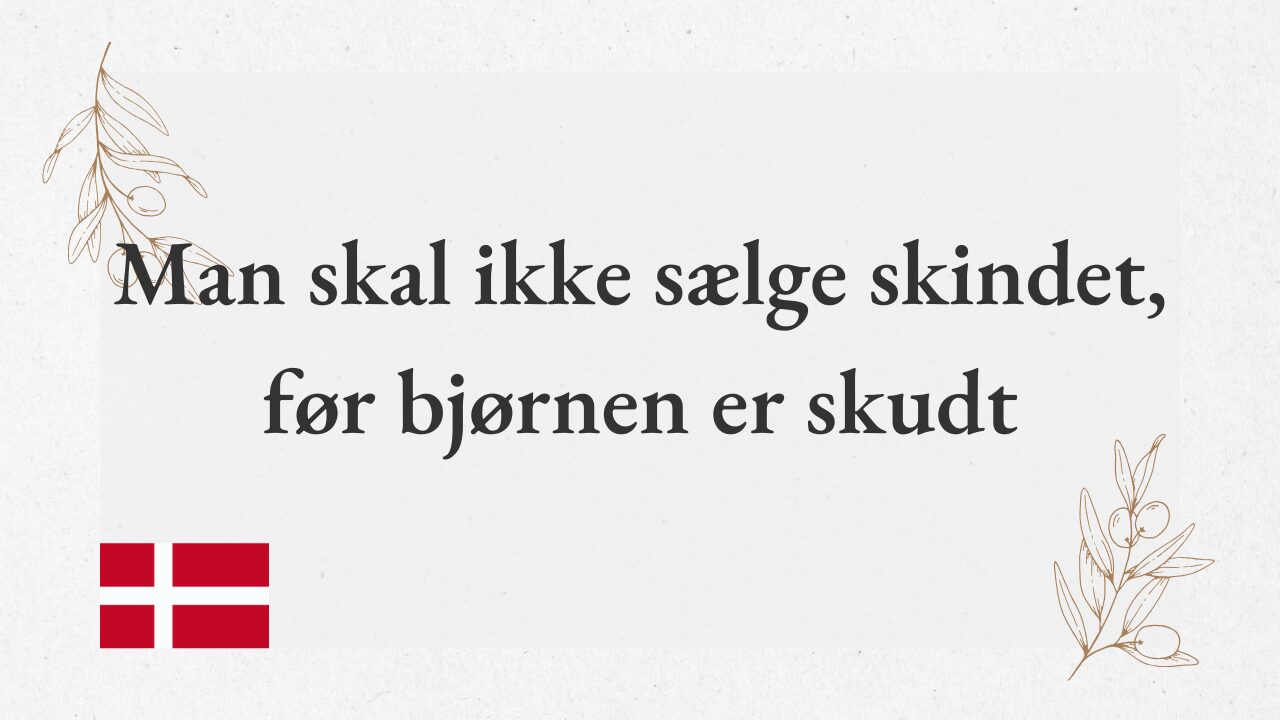“Der er ingen ko på isen” – There is no cow on the ice
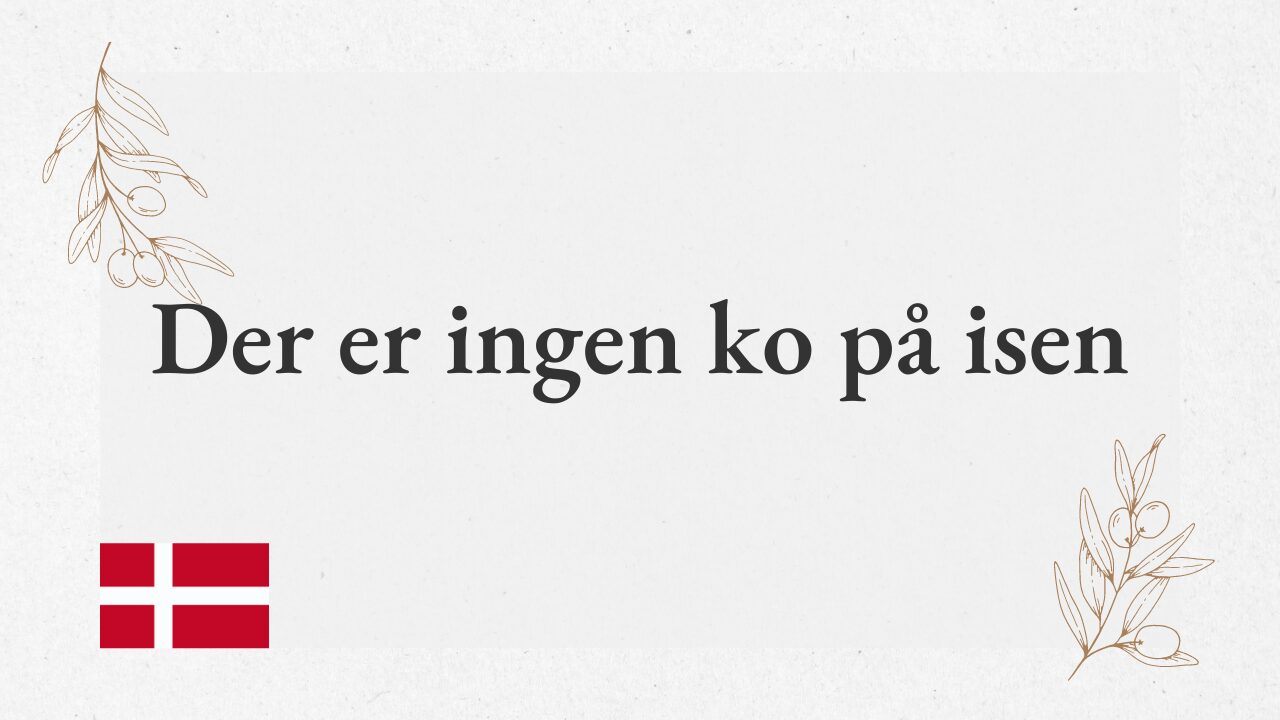
Meaning
“Der er ingen ko på isen” is a Danish proverb that literally means “There is no cow on the ice.” Figuratively, it means “there is no danger or worry,” or “there’s no problem.” This expression is used to reassure someone that a situation they are worried about is not a serious issue or that things are still safe.
Expressions like “No need to worry” or “It’s all under control” in English convey a similar meaning. In Japanese, it would be akin to saying “It’s fine” or “No problem.” Both are used to indicate that, despite some concern, the situation is not urgent and does not require immediate attention.
Origin
The origin of this proverb is deeply rooted in the natural environment of the Nordic region. In cold countries like Denmark and Sweden, lakes and rivers freeze during the winter. If a heavy cow were to walk on the ice, it could break and lead to a dangerous situation. From this, the expression “there is no cow on the ice” became a metaphor meaning “there is no danger” or “there’s nothing to worry about.”
In Denmark’s agricultural past, livestock (especially cows) were valuable resources, and having a cow on the ice posed both physical and economic risks. While it is rare to see cows on the ice today, the expression is still widely used metaphorically to indicate that there is no immediate danger and everything is under control.
Difference from the Swedish “Ingen ko på isen”
This Danish proverb also exists in Swedish, almost in the same form. In Swedish, it is “Ingen ko på isen” (ingen ko på isen), which also means “no need to worry” or “there’s no danger.”
Both Danish and Swedish use the words “ko” (cow) and “isen” (ice) to express the same idea of “no danger.” This expression stems from the shared experience of cold climates and life on the ice, reflecting the way both agricultural societies managed risks related to nature.
There is no significant difference in meaning between the two, but there is a slight variation in how frequently the expression is used and the nuance it carries. In Denmark, it is more casually used in everyday conversations, whereas in Sweden, it may sometimes be perceived as a slightly old-fashioned expression. Nevertheless, in both countries, the proverb is used in similar contexts, and the linguistic difference is minimal.
https://hokuou-info.com/en/2024/10/08/swedish-idiom2/Usage
This expression is commonly used in modern everyday life and in business situations. For instance, when a situation seems concerning but is not as serious as it appears, this proverb can be used to reassure someone not to worry. If a plan is delayed but won’t cause any serious problems, using this proverb can help convey a sense of calm and control.
Conclusion
“Der er ingen ko på isen” is a Danish proverb meaning “no need to worry” or “there is no danger.” It is very similar to the Swedish expression “Ingen ko på isen” and comes from the cold climates and agricultural life of the region. This proverb continues to be commonly used today to reassure people and provide a sense of security.

